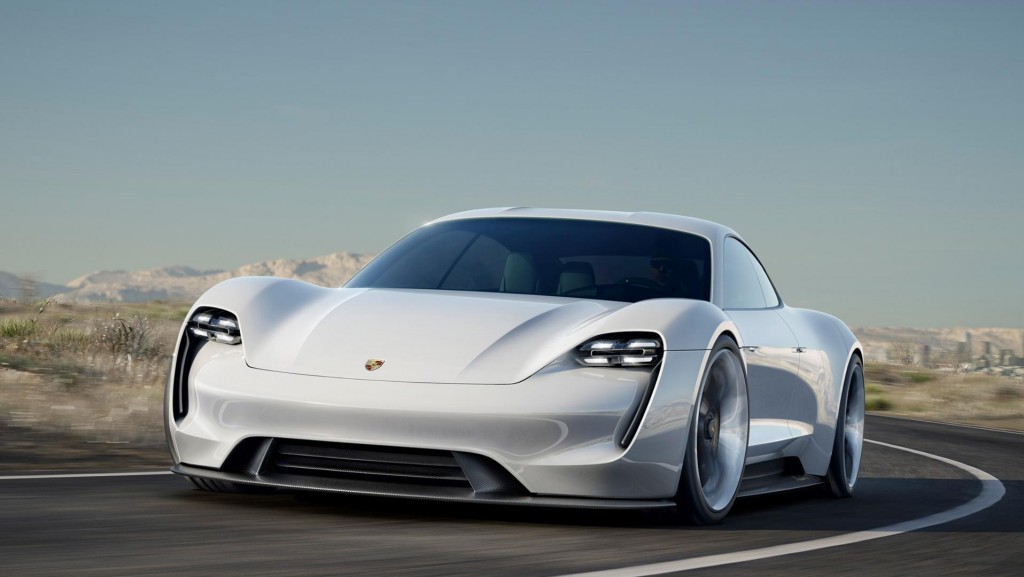Luxury and sports car maker Porsche isn't concerned with the sweeping changes vehicle electrification will bring.
In fact, the brand believes it will maintain its steady profit and 15-percent operating margin into the future, despite the major investments in electric and plug-in cars it plans to make.
While Porsche can't pass through some of those costs through a price premium, its CFO Lutz Meschke believes the brand will have no trouble overcoming the financial "burden" electric-car investments create.
DON'T MISS: 2018 Porsche Panamera 4 E-Hybrid: first drive review
In fact,he thinks the brand will set precedents for the industry along the way.
In an interview published last Wednesday, Meschke spoke with Automotive News Europe to discuss the brand's future financial operations—and to give his insight into how Porsche will approach investments and what it expects from consumers.
He acknowledged that Porsche must spend more to develop electrified powertrains alongside its internal-combustion engines.

2018 Porsche Panamera 4 E-Hybrid Sport Turismo
Meschke said he expects the sales volumes of the brand's electrified cars won't match their investments at first.
The market for electric cars will ultimately determine profitability, and Meschke remains realistic: Porsche may see a temporary drop in profits during a transition period.
The executive described various measures Porsche takes to secure its 15 percent operating margin.
READ THIS: Porsche prototype 350-kw electric car fast-charging station installed
He said every employee from assembly line worker to manager is aware of the profit goal at the legendary maker, now a unit of giant Volkswagen Group.
Porsche attaches worker incentives and even a pension component to that goal, which makes the operating margin "an internal steering instrument," according to Meschke.
To protect itself against any need to offer discounts, the CFO also describes ongoing cost-cutting measures in both indirect and direct areas where the company must spend money.
Porsche Mission E concept electric car
The "Porsche Improvement Process" calls for 3-percent savings in indirect areas and 6-percent savings in direct areas to boost efficiencies through all areas of the business.
Even if electric cars do reduce Porsche's profitability, Meschke recalled the 2009 global financial crisis and says the brand still returned double-digit margins during the worst of it.
The brand is clearly ready to tackle the next generation of powertrains in electrification and zero-emission driving.
CHECK OUT: Porsche Mission E electric sport sedan: 200-mile recharge in 15 minutes
It's already begun with the second-generation Panamera 4 E-Hybrid, and Porsche will roll out its first all-electric car in 2019 with the production version of the well-received Mission E concept car.
Porsche touts a potential range of over 300 miles and ultra-fast charging via a 350-kilowatt charging station.
The brand installed its first prototype charging station in Germany earlier this year; it can charge 80 percent of a car's battery in as little as 15 minutes.
_______________________________________











